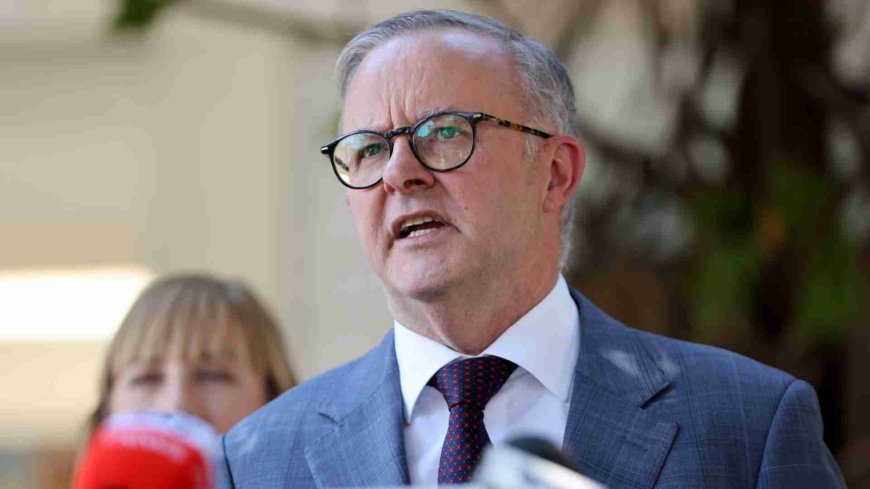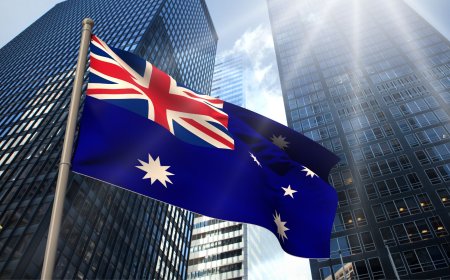Albanese Government Revamps Skilled Visa Program
The Albanese government has initiated significant reforms to the skilled visa program, addressing the restrictive measures previously imposed by former Immigration Minister Peter Dutton. These changes are aimed at mitigating the adverse effects on Australia's temporary skilled visa framework and are largely welcomed by the business sector, which had experienced delays and rigidities under Dutton's tenure.

Key Reforms Include:
- Minimum Salary Adjustment: The minimum salary for skilled visa holders has been raised to approximately $70,000, a considerable increase from the $53,000 benchmark set during Dutton's period, aiming to ensure fair wages.
- Permanent Residency Pathways: New routes have been created for skilled temporary visa holders to obtain employer-sponsored permanent residency, correcting the previous administration's restrictive policies.
- Streamlined Processing: The Albanese government has simplified visa processing, including minimizing labor market testing, to expedite application times for both employers and potential employees.
- Reducing Exploitation: Measures have been introduced to protect skilled temporary entrants from potential exploitation, enhancing the integrity of the migration system.
- National Labour Agreement for Aged Care Workers: This agreement introduces a minimum salary concession, aligning with the sector's higher wage standards, to attract skilled care workers.
Impact Analysis:
- Visa Grants: The total number of skilled temporary entrants showed a marginal increase from 130,004 to 130,451 by the end of December 2023, with notable shifts in the nationality mix and sectoral allocations reflecting the policy's nuanced impact.
- Wage Compliance: Greater cooperation with the Australian Taxation Office ensures compliance with the new salary requirements, aiming to prevent underpayment.
- Industry Shifts: Significant changes were observed across various sectors, with some, like health and social assistance, seeing an uptick in visa grants, while others, such as information and telecommunications, experienced a decline.
The Albanese Government's reforms to the skilled visa program represent a strategic shift towards more balanced and efficient migration policies. These changes are expected to facilitate economic growth by attracting global talent and addressing labor shortages while ensuring the protection and fair treatment of skilled migrants. The approach has garnered positive feedback from both businesses and labor unions, marking a departure from the previous administration's more restrictive policies.
What's Your Reaction?
 Like
0
Like
0
 Dislike
0
Dislike
0
 Love
0
Love
0
 Funny
0
Funny
0
 Angry
0
Angry
0
 Sad
0
Sad
0
 Wow
0
Wow
0





































































































